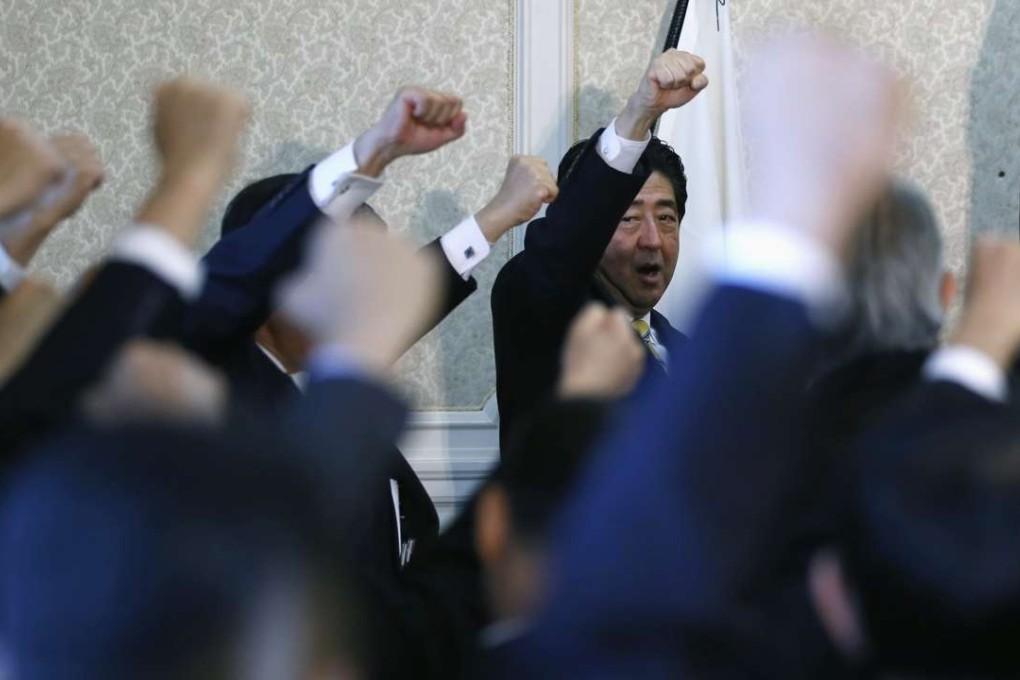The View | Abenomics shows Japanese voters think hard about what’s best for the next generation
Shinzo Abe won office propounding a complex economic and monetary strategy. Would Donald Trump’s followers even know what a ‘monetary base’ is?

As an American, I must say that lately I’ve been jealous of almost any other country’s voter base. The level of political discourse seems more rational and advanced elsewhere.
In Japan, for instance, the still-popular Prime Minister Shinzo Abe won office propounding a complex economic and monetary strategy. Would Donald Trump’s followers even know what a “monetary base” is?
Yet after the Bank of Japan’s latest monetary gambit announced last week, one wonders if the country isn’t suffering from its own, quieter version of “Make Japan Great Again.”
Abenomics is a radical, risky scheme of economic revival, ostensibly motivated by two decades of slow growth and deflation. It is also motivated, however, by a prideful determination to maintain the country’s status as dominant economic power.
At one level, it’s pretty cool that a greying electoral base would rally behind such a programme – pensioners are pluckier than we thought.
Older voters are more active than younger ones in Japan, with 75 per cent of those in their 60s casting ballots, more than double the rate that citizens in their 20s do. But are these retirees voting rationally?
